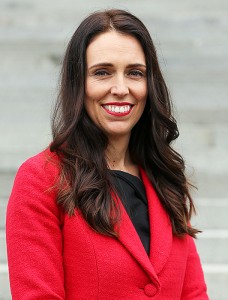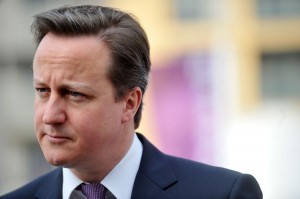Protests in Israel Halt Judicial Reform
Wednesday, March 29th, 2023Protests across Israel have led to a delay in Prime Minister Benjamin Netanyahu’s plans to reform the country’s judicial system. Leaders in various sectors, including the military, called for Netanyahu to stop the reform after the protests led to airport, hospital, and school closures. The sea of blue and white flags carried by determined protestors succeeded in pausing the reform this week. Israel’s Supreme Court and judicial checks and balances will remain strong at least until May.
Netanyahu, a Likud Party politician, became prime minister of Israel in December 2022. Likud is a conservative political party in Israel. Netanyahu held the position before from 1996 to 1999 and 2009 to 2021. In November 2019, Israel’s attorney general announced criminal charges against Netanyahu for alleged fraud, bribery, and breach of trust. Netanyahu denied any wrongdoing. Despite facing criminal charges in 2020, Netanyahu remained in power in a unity government with his opponent, Benny Gantz of the moderate Blue and White Party, as an alternate prime minister.
In March 2021, Netanyahu’s Likud Party failed to win a parliamentary majority. Netanyahu became the new opposition party leader. However, in the elections in November 2022, Netanyahu won the most seats in the Knesset (Israeli parliament). Israel’s president, Isaac Herzog, asked Netanyahu to form a new government. Netanyahu formed a coalition government with a number of right-wing parties, including the far-right Religious Zionism party.
Shortly after donning the title of prime minister again, Netanyahu proposed the judicial reform plan. On January 4th, Justice Minister Yariv Levin announced the plans. The plan gives the government more control over appointing Supreme Court judges and would allow Netanyahu to escape the corruption charges against him. The plan also limits the power of the Supreme Court. The reform eliminates one of the few checks on parliament in Israel, allowing them to override decisions made by the Supreme Court.
Protests first broke out across Israel on January 7th. On January 14th, officials estimate nearly 80,000 people gathered in Tel Aviv, with protests occurring in other cities. Weekly protests continued and received international attention. United States Secretary of State Antony Blinken visited Israel on January 28th, meeting Netanyahu.
Leaders in the Constitution committee voted on February 13th, on the judicial reform as workers in several industries went on strike opposing the plan. Nearly 100,000 protesters gathered in Jerusalem during the vote. The Consitution committee voted in favor of the judicial reform plan 9 to 7.
Demonstrations continued through March, with more than 630,000 people gathering on March 25th, in the largest protest in the country’s history. On that same day, Israel’s defense minister Yoav Gallant called for postponing the judicial overhaul stating the turmoil was a threat to the country’s national security. He was the first minister to break from the coalition and call for a pause. Gallant mentioned the plan should pause so the country could celebrate Passover and Independence Day in peace. The next day, Gallant was removed from his position, sparking more protests that blocked major highways and started fires.
Due to the extent of the protests, hospitals stopped non-emergency care, schools closed, and all flights in and out of the main airport were grounded. Banks and malls were shuttered as the country shut down. On March 27th, Israeli President Isaac Herzog called for Netanyahu to stop the legislative process. Netanyahu agreed to delay the reform until the next Knesset session in a month.
The opposition to the plan worked because it united key figures in the military, universities, and unions. Fighter pilots in the military refused a day of training in early March, leading military leaders to call for a solution to the crisis. The country’s military reserves dropped in numbers as the protests progressed, leading military leaders to suggest scaling back operations.
If Netanyahu pivots from his plan, he could lose his slim majority in Parliament, which could lead to Israel’s sixth election since 2019. If he reignites the battle to approve the judicial reform legislation, protests could continue further dividing the country.









